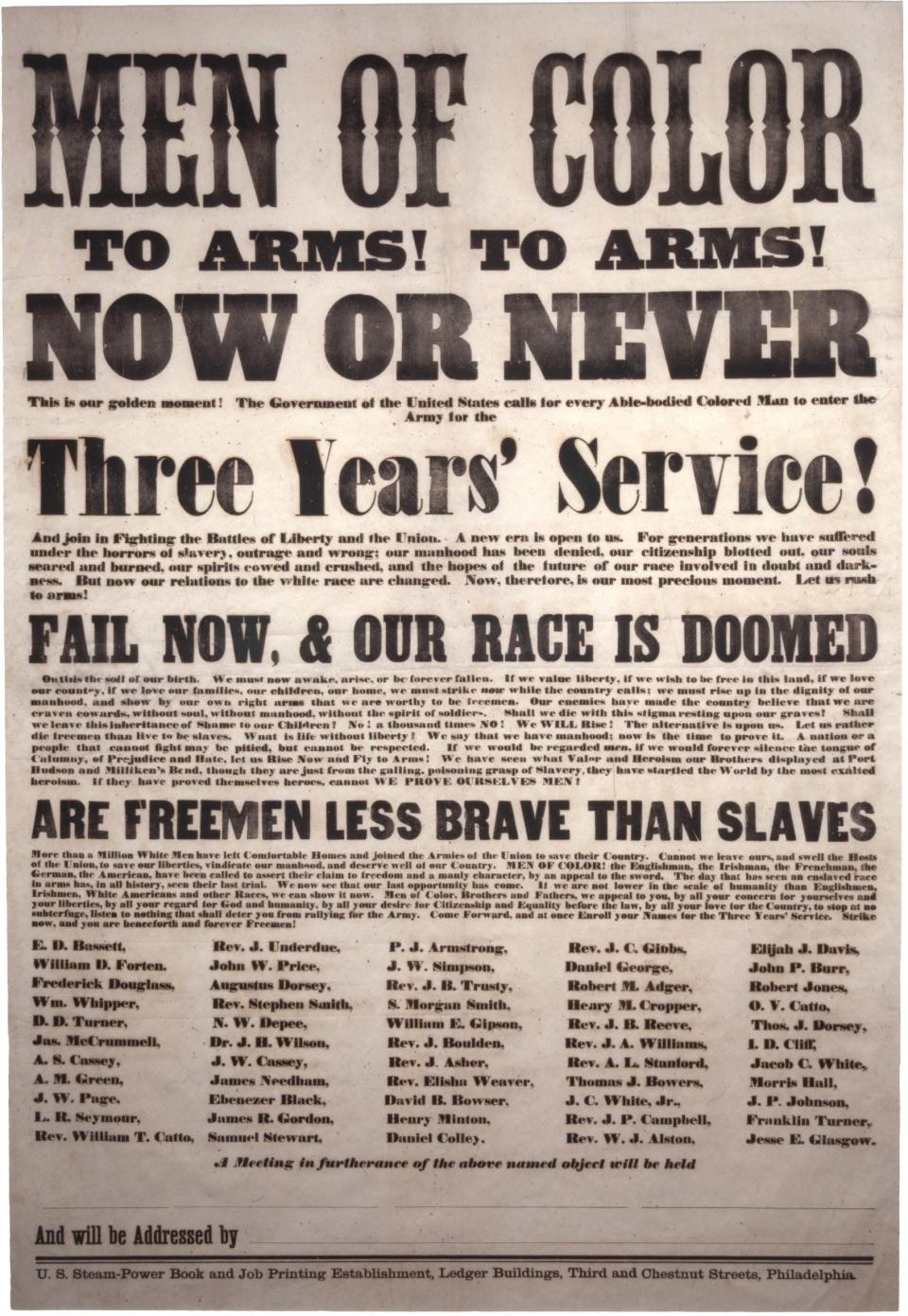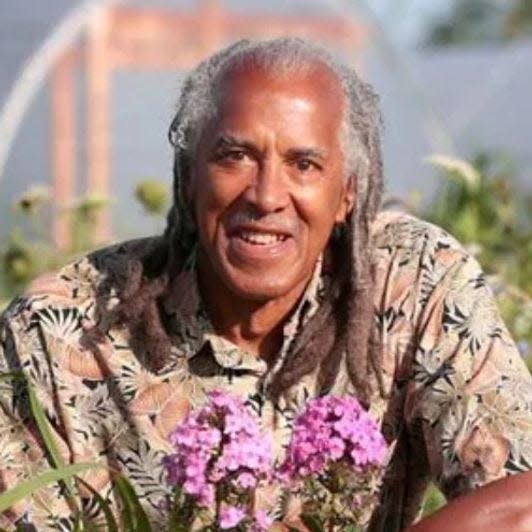Juneteenth goes beyond General Granger and should honor our US Colored troops who served
Many Americans will gather on June 19 to commemorate Juneteenth which is now recognized by our federal government, 28 states and the District of Columbia. Although the celebration of Juneteenth, which commemorates June 19, 1865, as the end of slavery, when General Granger read his General Orders No. 3 in Galveston, Texas, has gained popularity in recent years. But Juneteenth didn’t become important because it became a national holiday, and it didn’t become important in 2020 after the unfortunate murders of George Floyd and Breonna Taylor. It has long been acknowledged by many African American families and communities.
And for me, since I had two great grand fathers who as members of the U.S. Colored troops were in Galveston a month before General Grainger arrived and who were also at Appomattox Courthouse when General Lee surrendered on April 9, 1865, Juneteenth is deeply personal to me. These ancestors have beseeched me to tell their story which means challenging the predominant narrative and sharing a more inclusive interpretation of Juneteenth that can then provide justice for how we commemorate Juneteenth.
More: What is Juneteenth? 6 things to know about America's newest federal holiday

This summer as part of my 35-day Joy and Justice Journey in June, that takes me from Kentucky to California and back, along with a trip to Chicago as a recipient of a James Beard Foundation Leadership Award, I am engaged in 20 speaking engagements in 15 cities all with the theme Juneteenth Justice. These speaking engagements include talks in Memphis, Santa Fe, Santa Cruz, most recently on June 8 at Stanford University, and June 16-20 I will give eight talks in five days in the Twin cities of St. Paul and Minneapolis. Within these presentations, I am using a broader historical lens of how we interpret Juneteenth which has at least three components.
U.S. Colored troops in Galveston in 1865
First of all, in May 1865 some 16,000 soldiers of the U.S. Colored troops were sent to Texas to defeat the remaining Confederate forces. The presence of these troops in Galveston several weeks before General Granger’s presence has largely been ignored in the Juneteenth story. Clearly, it was the sight of 16,000 Black troops marching down the streets of Galveston that angered white folks but also inspired our enslaved ancestors to shout “Hallelujah!” and jump for joy as emancipation was delivered by these troops. So, we need to alter the narrative of Juneteenth as not simply the act of General Granger but additionally the actions of these courageous Black troops that fought for their freedom and to restore the union. In early 1863, President Lincoln observed: “The colored population is the available yet unavailed of force for restoring the Union.” Thus, it is very clear that Juneteenth should be celebrated by all Americans as Emancipation Day and Reunification Day.
‘Slap on the hand’: How LMPD officers involved in egregious misconduct remain on the force
Secondly, these African American troops were also sent to Texas to secure the border with Mexico to prevent French forces led by Maximilian from overtaking Texas and California. These troops provided covert support for the forces led by Benito Juarez along the Texas-Mexico border that led subsequently to the defeat of the French army and Maximillian’s execution on June 19, 1867.
And thirdly, these African American troops were next woven as Buffalo Soldiers into the ongoing efforts of dispossession of land from and genocide against Native Americans. Often in the national discourse and movie portrayals of Buffalo Soldiers, Black folks are filled with pride at the bravery and dominance of these sable troops. But in this glorification of war that W.E.B. DuBois warned us about in his seminal book Black Reconstruction in America, there is the danger of turning a blind eye to the complexities of our history which fails us in finding solutions to historical contradictions today.
As we commemorate this national holiday let’s also use this time to reflect on what it means to include emancipation, reunification and subjugation as part of the narrative. Juneteenth then becomes a time to remember, change the narrative to envision justice for all.

Jim Embry, a 2023 James Beard Foundation Leadership Award Winner, is a life-long community activist, historian and photographer, lives on a family farm in Madison County. He can be reached at [email protected].
This article originally appeared on Louisville Courier Journal: Juneteenth goes beyond General Granger and is deeply personal to me.
